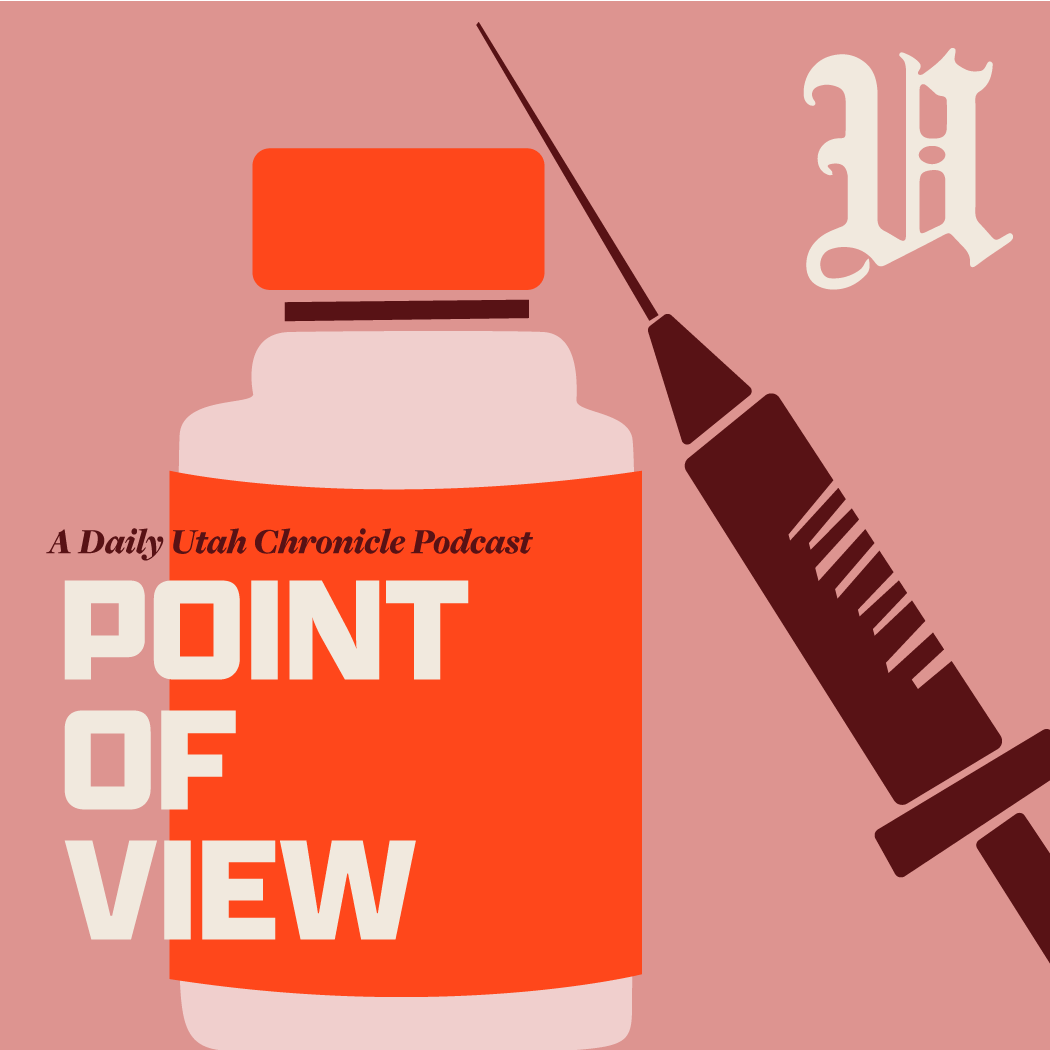The stigma that surrounds mental health disorders is familiar to many Americans — in 2012 there were 9.6 million adults with a serious mental illness in the United States, and that number has been steadily growing as detection and treatment processes falter in a system that does not prioritize mental health. In many cases, these disorders are regarded as significantly less urgent than medical conditions when in fact both can be equally detrimental. This overlap between which condition is deemed more important in a health care scheme was recently brought to light once again, though not in the way one would expect.
Recent studies done both in the United Kingdom and the U.S. found that women with mental health illnesses such as depression, schizophrenia and bipolar disorder were less likely to be screened for breast cancer. Already, mental illness has been linked with 45,000 missed screens in the U.K., which could potentially be responsible for 90 deaths. Illness that plagues the mind is just as important and crucial to treat as medical conditions that plague the body, but that is not to say treating the former means ignoring the latter.
In the U.S., women who reported extreme psychological distress and suffered from untreated mental illness were 40 percent less likely than the rest of the female population to receive the routine cancer screenings that are able to detect the illness early and increase the chance of recovery for thousands of women. Although research shows that those with a mental illness utilize inpatient and outpatient care at a rate much higher than those who do not have a mental illness, these 40 percent of women still somehow fell under the radar and will continue to unless further action is taken.
This is a surprising discovery, since we would expect mental health disorders to go untreated instead of medical illnesses and life-threatening cancers. The question, then, becomes why women with mental health disorders are not receiving the same medical care as others when they are known to use their local medical systems more often. Xiaoling Xiang, the doctoral candidate who conducted this research at the University of Illinois and looked at approximately 17,000 women over a span of three years, attributed some of this responsibility to a problem in the quality of care women with mental illnesses receive. Since previous studies showed that women living with symptoms of extreme psychological afflictions have double or even triple the chance of developing heart disease and diabetes, it is clear that the current framework in which professionals medically treat those with mental health illness needs to be reevaluated. In addition, the stigma that mentally ill people live with can prevent them from coming forward with other health issues.
A nationwide change in this methodology will not come overnight, but steps need to be made now in order to ensure that every woman has an equal chance of early detection and subsequent treatment. One in eight American women will develop invasive breast cancer during the course of her lifetime, and many cases are going unnoticed and untreated until it is too late. Routine breast cancer screenings should become mandatory nationwide for every woman of appropriate age and should be covered by insurance at least once a year. The function of the government is not only to ensure economic and political health, but physical health as well. If a stringent rule is put in place that safeguards women from the suffering that comes with cancer, all women will be placed at a comparable level for detection and treatment and at least a fraction of further deaths can be avoided.










